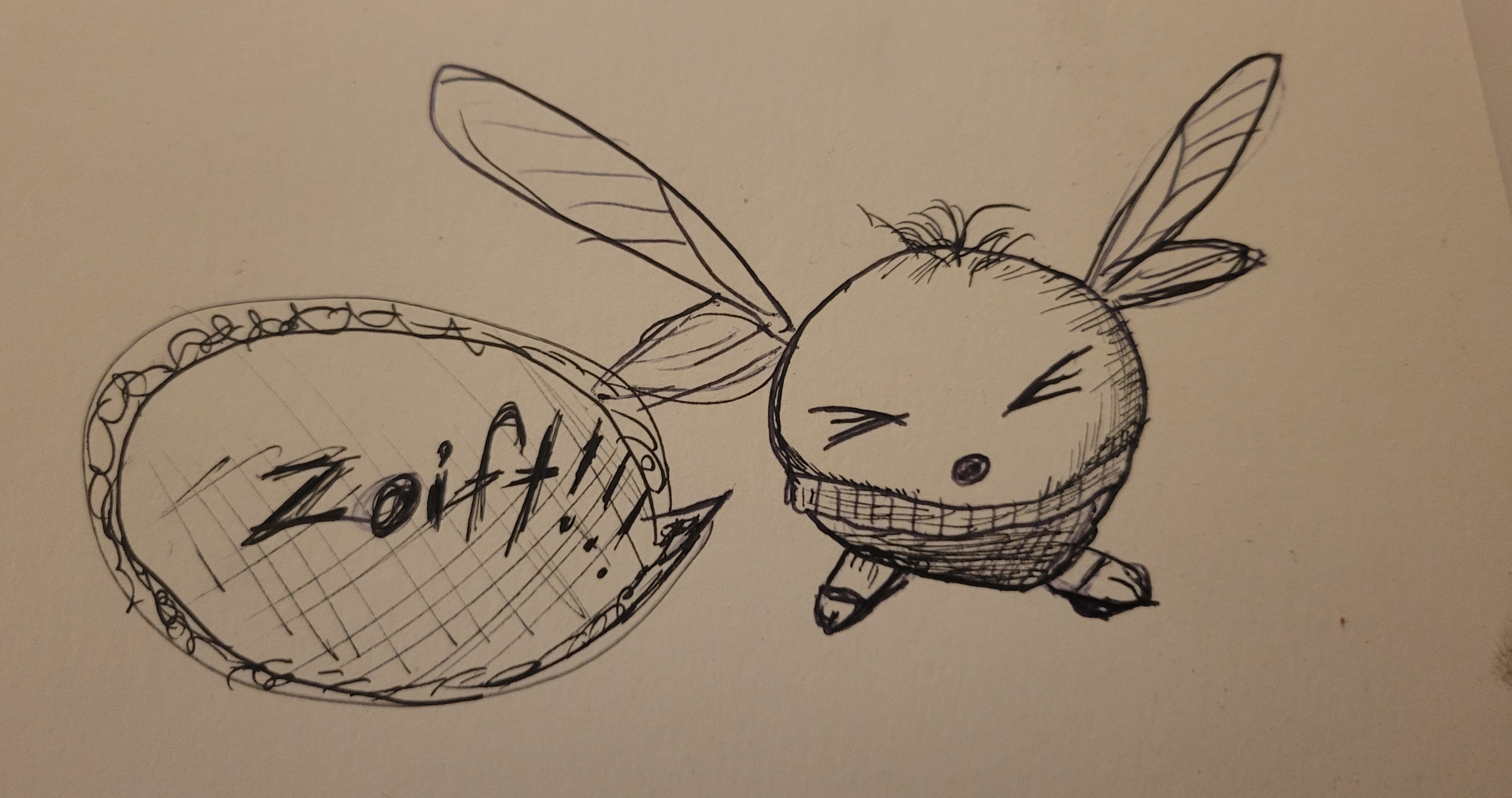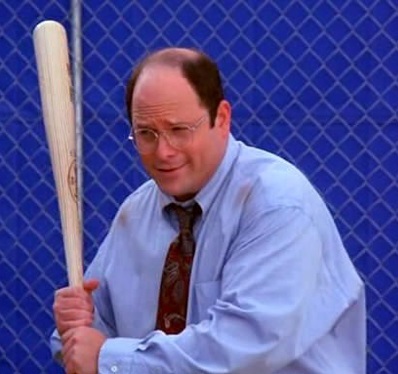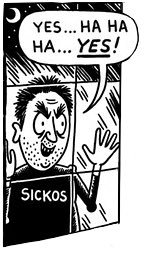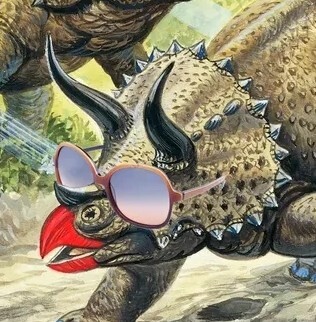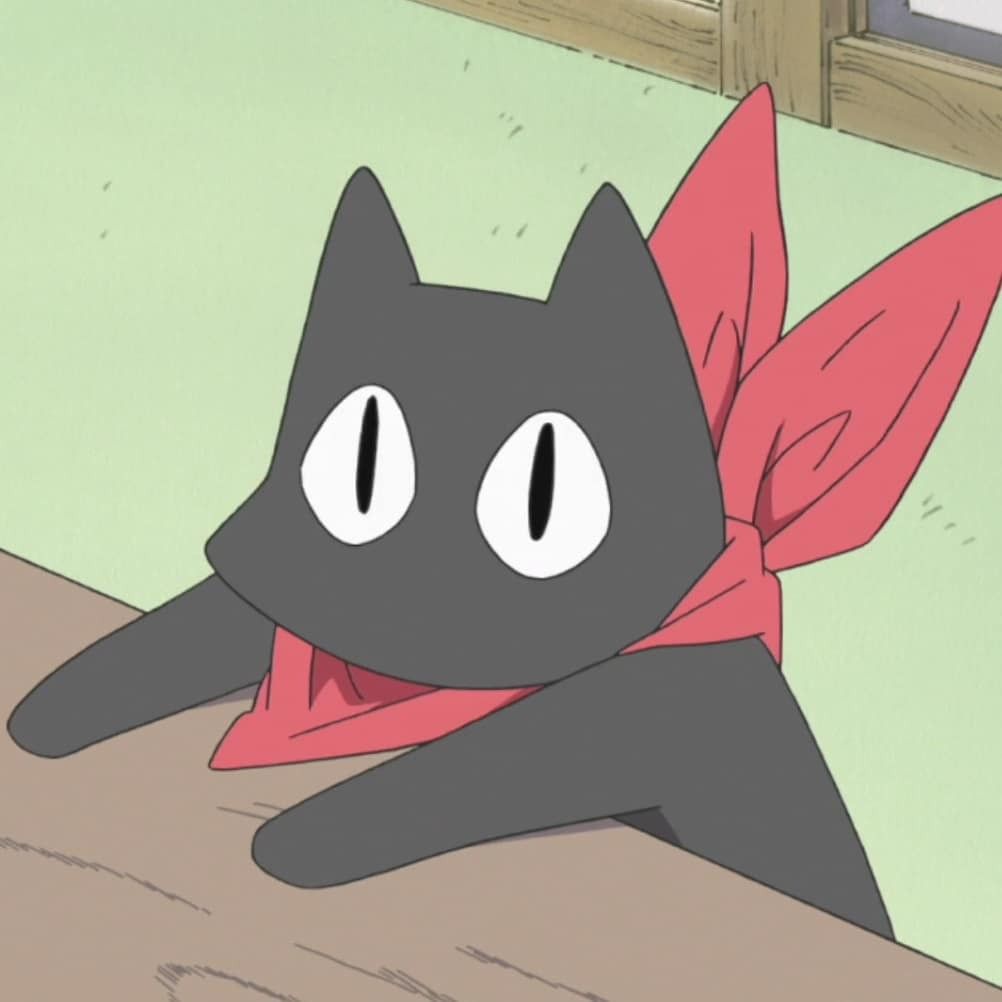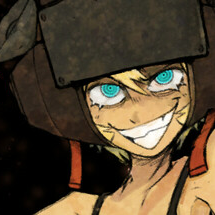Patrice Emery Lumumba was born on 2 July 1925, at Onalua village near the Katako-Kombe Town in the Sankuru district of north-eastern Kasai, Congo (modern day the Democratic Republic of Congo) Lumumba’s tribe was the Batetela (Tetela) which is a dynamic branch of the Mongo-Nkutshu family of central Congo. He grew up in a mud-brick house. The Congo was a colony of Belgium and, as such, he attended both Protestant and Catholic schools run by white Belgian missionaries.
Lumumba was ambitious and aimed for social mobility, predominantly to form part of the “evolue”, the upper strata of the middle class; the highest-level indigenous Congolese could attain in the Belgian colony. Lumumba was accused of embezzlement and was jailed in 1955. Due to an extensive interview with King Baudouin, when he visited the Congo in 1955, Lumumba’s sentence was reduced in 1956. Lumumba left Stanleyville (currently known as Kisangani) for the Congo's capital city, Kinshasa.
When he relocated to Léopoldville to work at the brewery, he helped to find the Movement National Congolais (MNC) political party. Lumumba's good personality and public speaking skills won him many admirers, making him a focal point within the party. While in prison in 1955, Lumumba reconsidered his status as an evolue and made a major shift towards Pan-Africanism and Congolese nationalism. The notion of nationalism enabled different ethnic groups that made up the Congolese society to come together and fight against colonial economic exploitation, political repression and cultural oppression.
The Belgian led government, in 1959, announced that Congolese local elections should take place within five years to full Congolese independence. At the Luluabourg Congress meeting in April 1959, various political groups and some members of MNC that favoured a unitary form of government for the Congo chose Lumumba to lead them. There was a split in the MNC party in July 1959 with a majority of the members following Albert Kalonji. He was briefly detained on charges of encouraging the outbreak of riots in Stanleyville in November 1959. Lumumba was released from detention in time to attend the Round Table Conference in Brussels which paved the way for Congo’s general elections. Lumumba was an effective speaker in each of the Congo's major vehicular languages as well as in French when compared to other Congolese leaders and this helped his campaigning.
After the May 1960 general elections, Congo achieved independence on 30 June 1960 with Lumumba as the leader of the largest single party. He was selected to become the Congo's first prime minister and his political rival, Joseph Kasavubu, became president of the Congo.
As the prime minister, Lumumba faced sudden emergencies. The Congolese elite feared Lumumba’s notion of nationalism and participatory democracy and thus they started revolting against him. The revolt of the army and the secession of the provinces of Katanga and Southern Kasai were further emergencies. Lumumba sent Congolese troops to Southern Kasai province in attempt to restore the situation but the poorly trained soldiers killed thousands of Congolese civilians.
The United Nations, through Secretary General Hammerskjöld, blamed Lumumba for the massacre of civilians. Lumumba disliked Belgium and the UN for not helping to restore order and unity in Congo. Congolese elite conspired with foreign states, specifically the CIA and US administration, to get rid of Lumumba. When Lumumba asked for military help from the Soviet Union against the secessionist provinces of Southern Kasai and Katanga, President Kasavubu dismissed him from office on 5th September 1960.
The Congolese National Assembly disagreed with the decision of the president and ordered Lumumba back in power as prime minister. This did not happen since a faction of the Congolese army, under Colonel Mobutu, took over the government instead and put Lumumba under the house arrest under the protection of Ghanaian troops of the UN force. Lumumba managed to get out of the house arrest in Kinshasa and attempted to leave for Stanleyville, but he was arrested by an army patrol and held prisoner in a military camp at Thysville.
From the military camp, Lumumba was transferred to Elisabethville, Katanga on January 18, 1961 despite the presence of United Nations troops, he was picked up by a small group led by Katanga's interior minister, Godefroid Munongo. Lumumba was taken to a nearby house where he was assassinated.
Lumumba's assassination made him a symbol of struggle for champions of African nations attempts to bond and set themselves free from the influence of the European Colonizers
Here is a list of Trans rights organizations you can support :cat-trans:
Buy coffee and learn more about the Zapatistas in Chiapas here :EZLN:
Resources for Palestine :palestine-heart:
Here are some resourses on Prison Abolition :brick-police:
Foundations of Leninism :USSR:
:lenin-shining: :unity: :kropotkin-shining:
Anarchism and Other Essays :ancom:
Remember, sort by new you :LIB:
Yesterday’s megathread :sad-boi:
Follow the Hexbear twitter account :comrade-birdie:
THEORY; it’s good for what ails you (all kinds of tendencies inside!) :RIchard-D-Wolff:
COMMUNITY CALENDAR - AN EXPERIMENT IN PROMOTING USER ORGANIZING EFFORTS :af:
Come listen to music with your fellow Hexbears in Cy.tube :og-hex-bear:
Join the fresh and beautiful batch of new comms:
!genzedong@hexbear.net :xi-gun:
!emoji@hexbear.net :meow-tankie: :meow-anarchist:
!libre@hexbear.net :libretion:
!shrekland@hexbear.net :shrek-progress:
The winners from last round are @FunkyStuff, @buh, @context, @Windows97, and @Phillipkdink. Here be our big brain comrades :rat-salute: who we all salute.
Previous answer
The prices of margarine and soap are multiples of 3. The number of packages of sugar and of pastries are also multiples of 3. Then the total cost in cents should have been, but was not, a multiple of 3.
A child's age
A child's age increased by 3 years gives a number which has an integral square root. Decreased by 3 years, the child's age gives the square root.
How old is the child?
Have fun and dm @Wmill
This Today we will be watching Pink Floyd’s The Wall :wall-talk: is a 1982 British live action/adult animated surrealist musical and psychological drama film directed by Alan Parker, based on the 1979 Pink Floyd album The Wall. The screenplay was written by Pink Floyd vocalist and bassist Roger Waters. Boomtown Rats vocalist Bob Geldof plays rock star Pink, who, driven into insanity by the death of his father, constructs a physical and emotional wall to protect himself. at 8pm central time on the cytube
another reason to hate the United Nations
it's only shitposting if you have chronic IBS, otherwise it's just sparkling memes
Ok I’m back but my style of posting will have to change
love y’all
serious post :cat-trans:
New Megathread @KRallyMER @Wmill @kitten @Zoift @inshallah2 @DeathToBritain @REallyN @Kanna @MaybeNickCage @CDommunist @el_principito @marxisthayaca @comi @DashEightMate @CARCOSA @Grownbravy
Today Africa must take action. This action is being impatiently awaited by the peoples of Africa. African unity and solidarity are no longer dreams. They must be expressed in decisions.
-- Patrice Lumumba Speech at the opening of the All-African Conference in Leopoldville :lumumba-point:
https://en.wikipedia.org/wiki/Peoples%27_Friendship_University_of_Russia
Was called university of Patrice lumumba in ussr :heart-sickle:
Alumni
Mahmoud Abbas, President of the State of Palestine and Palestinian National Authority
Fatima Abdel Mahmoud, Sudanese politician, leader of the Sudanese Socialist Democratic Union
Abed Elrahim Abu Zakrra, Sudanese writer and poet
Ilich Ramírez Sánchez (Carlos the Jackal), Venezuelan terrorist and assassin (expelled)
Lucy Seki, Brazilian linguist
Timoleón Jiménez, leader of FARC
Porfirio Lobo, President of Honduras
Daniel Ortega, President of Nicaragua
Michel Djotodia, President of the Central African Republic
Hifikepunye Pohamba, former President of Namibia from 2005 to 2015
Anna Chapman, Russian intelligence officer (lel)
Alexei Navalny, Russian lawyer, political and financial activist, and politician
Bharrat Jagdeo, Former President of Guyana
Tamar Beruchashvili, Minister of Foreign Affairs of Georgia
Dieudonné Gnammankou, Beninean historian
Hillary Onek, Minister of Internal Affairs, Republic of Uganda
Rohana Wijeweera, Sri Lankan Marxist politician, revolutionary and the founding leader of the Janatha Vimukthi Peramuna
Someone is finally drawing attention to the elephant in the room
I'm expecting for soc dems to go into full-defense mode because apparently they like crypto fash
For the second time in a year I have a month to figure out somewhere else to live. Not a good feeling
sending vibes, good feelings, a hit squad to your former landlord...
I hope things work out for you! that shit is always the most stressful to deal with
I really enjoy the electric guitar. I see why so many people like playing it. No spit valves, virtually silent for practice, modular, portable, stowable, etc etc, truly an instrument for the electrified proletariat. Feels great on the hands too, very soft strings compared to a bass or an acoustic steel-string.
Compared to an acoustic guitar it’s also smol and most have rounded edges, so it’s comfier to play
For every kink I see at pride I'm adding 10000 victims of communism.
Parenti! oh!oh! say the thing! say the anti communism quote!
The “anti-racism reading” section of the book department at my Target Has a Candace Owens book :pain:




